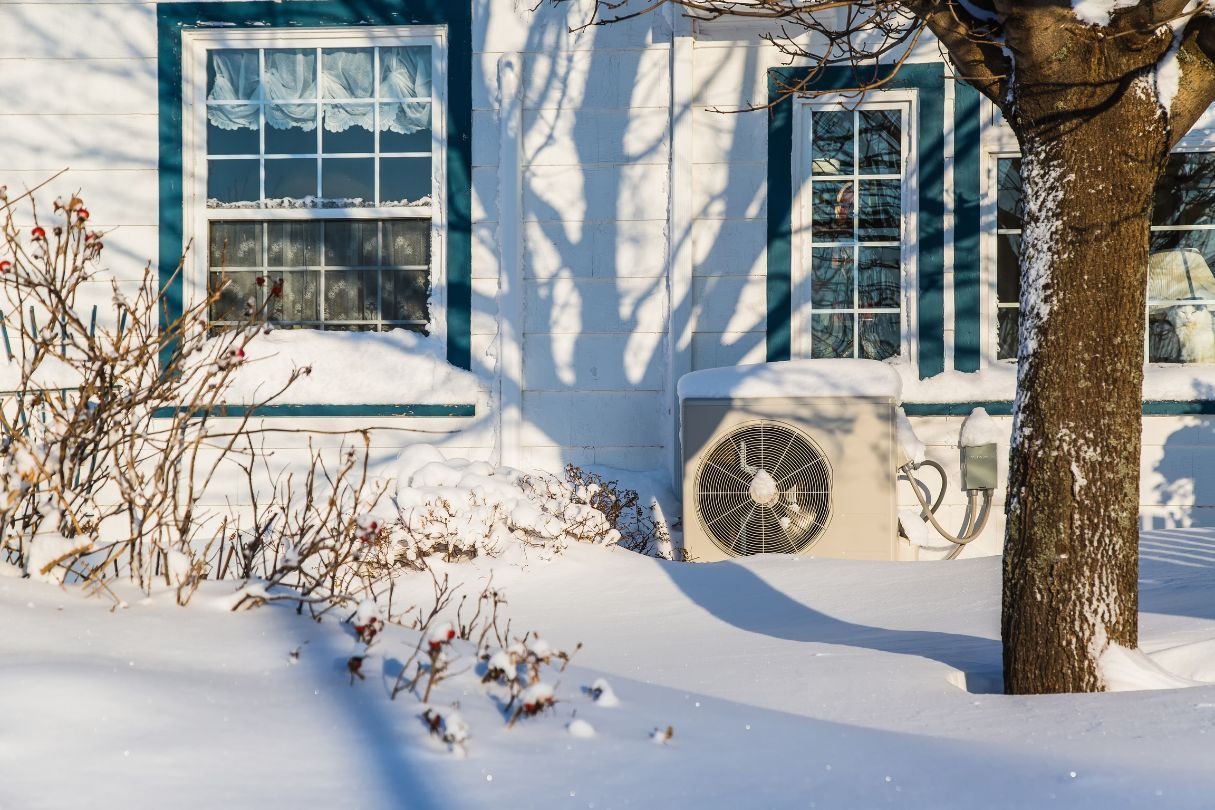How Heat Pumps Perform During The Winter

As the winter months approach, many homeowners may question how well their heat pump is likely to operate during the cold weather. Heat pumps are known for their energy efficiency and capacity to heat and cool a home, this blog post will allow us to discuss how heat pumps will work in cold weather.
How Heat Pumps Work
Heat pumps work by
transferring heat from one location to another. In the colder months, they take the heat from the outside
air and transfer it inside to heat your home. This process is extremely energy
efficient and
saves homeowners lots of
money on their bills.
Performance In Cold Conditions
A popular concern with heat pumps is how they perform in
extreme cold temperatures. Whilst classic heat pumps are likely to struggle in freezing hold temperatures, however
modern heat pumps have been
adapted in order to provide enough warmth in extremely cold weather. Some heat pumps also include a
backup heating system in order to provide
consistent warmth throughout the home.
Tips For Winter Maintenance
To ensure your heat pump continues working
efficiently throughout the winter, you should carry out regular
maintenance. Such maintenance may include
replacing the air filters, looking for any signs of
damage, and
cleaning the exterior. Keeping the surrounding area clear of
debris will further aid efficiency.
Advantages Of Using a Heat Pump In Winter
There are many
advantages of using a heat pump in the winter, such as their energy
efficiency and cost-savings, they are
eco-friendly and have the ability to provide heating and cooling in a
single unit. With periodic
upkeep and care, a heat pump can provide
dependable and cost-effective warmth all year round.
To summarise, heat pumps do have the ability to work efficiently in the winter conditions, with adequate maintenance and care. Although some heat pumps are likely to have certain limits during the winter, modern systems are slightly more adapted. Understanding how heat pumps work and taking steps to maintain them allows homeowners to take advantage of the energy-saving benefits of this adaptable heating technology all year long.
You might also like











